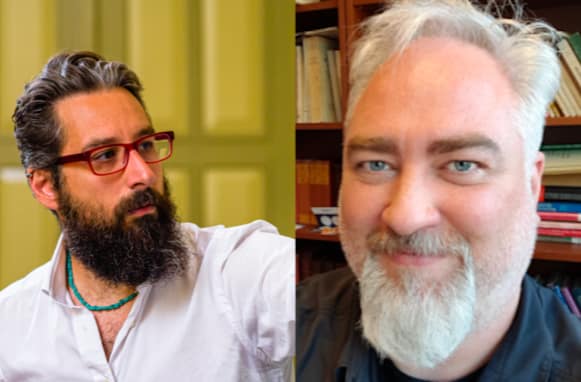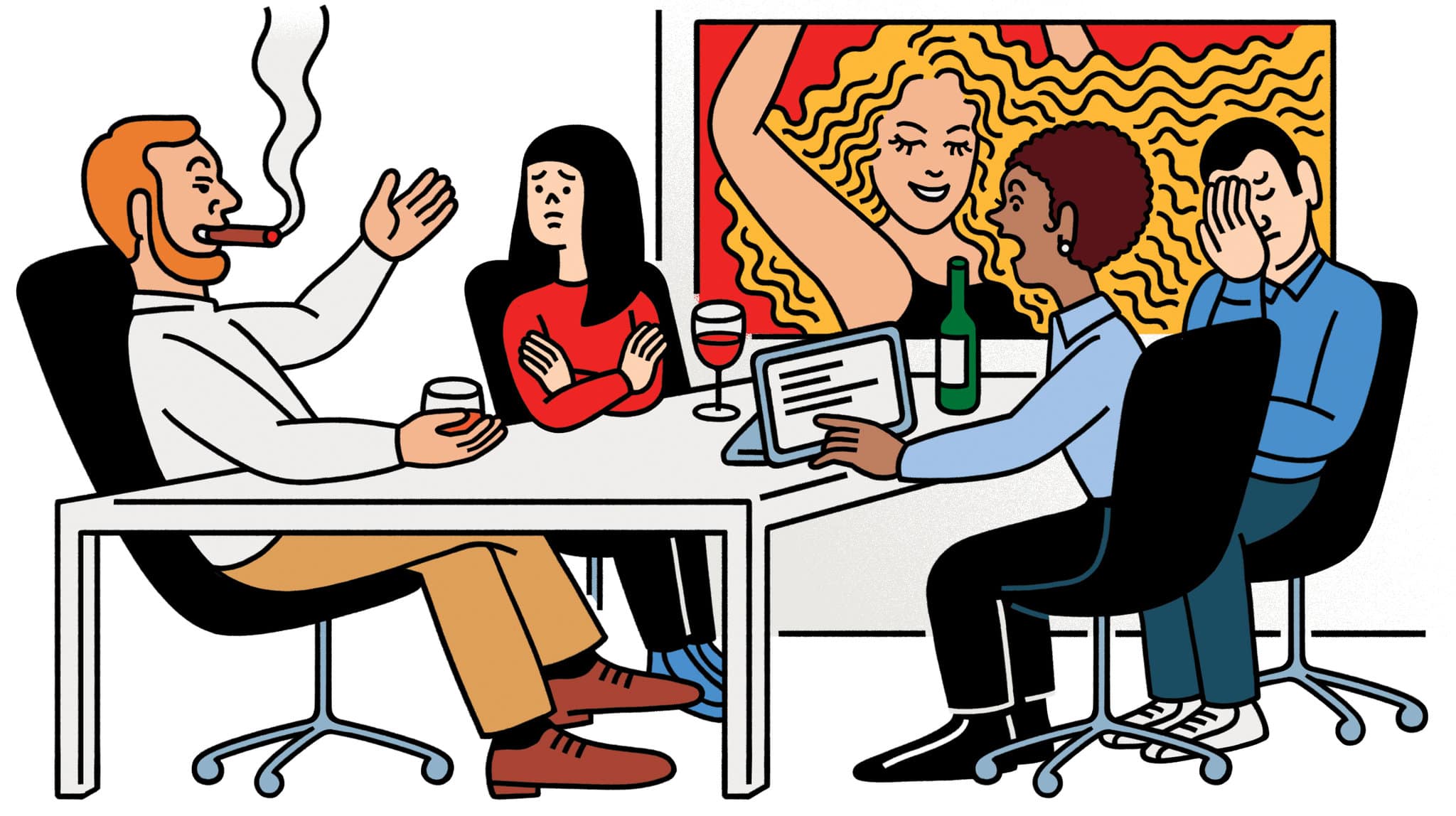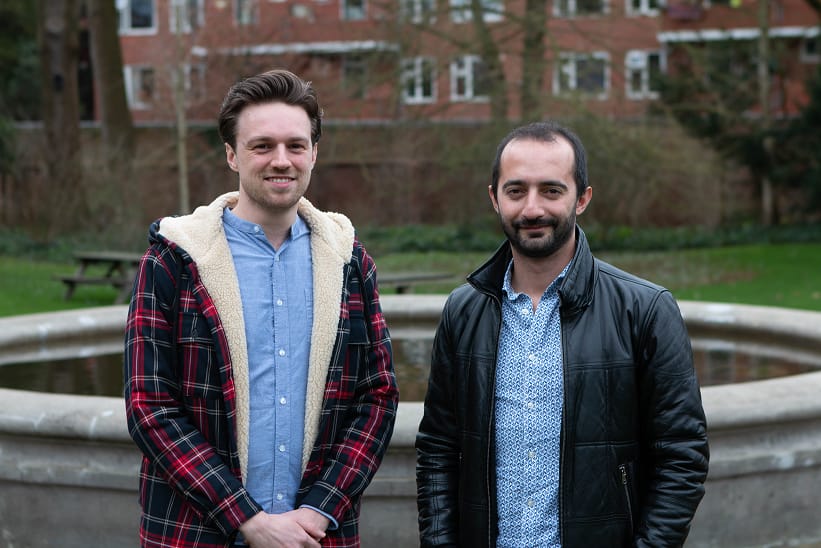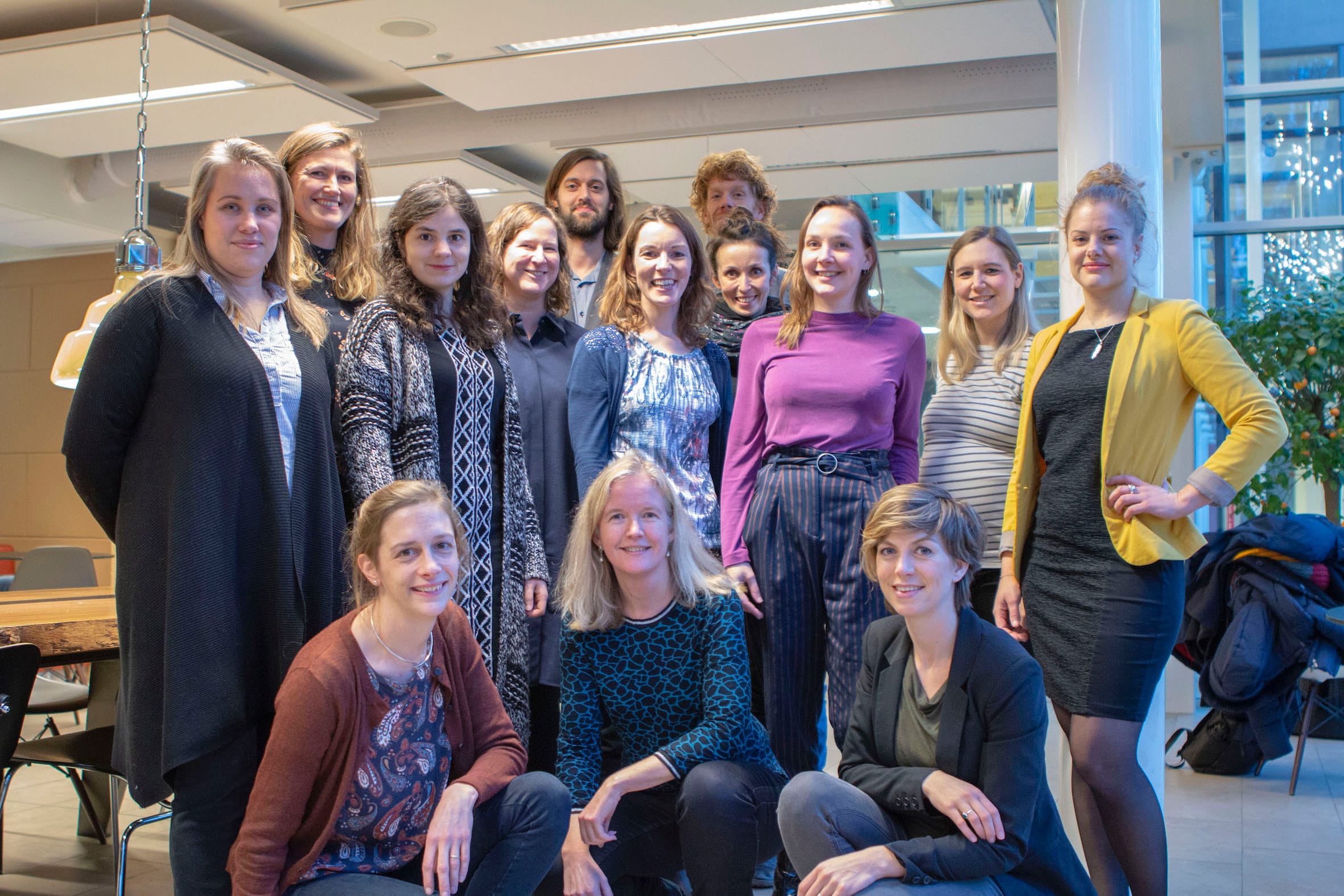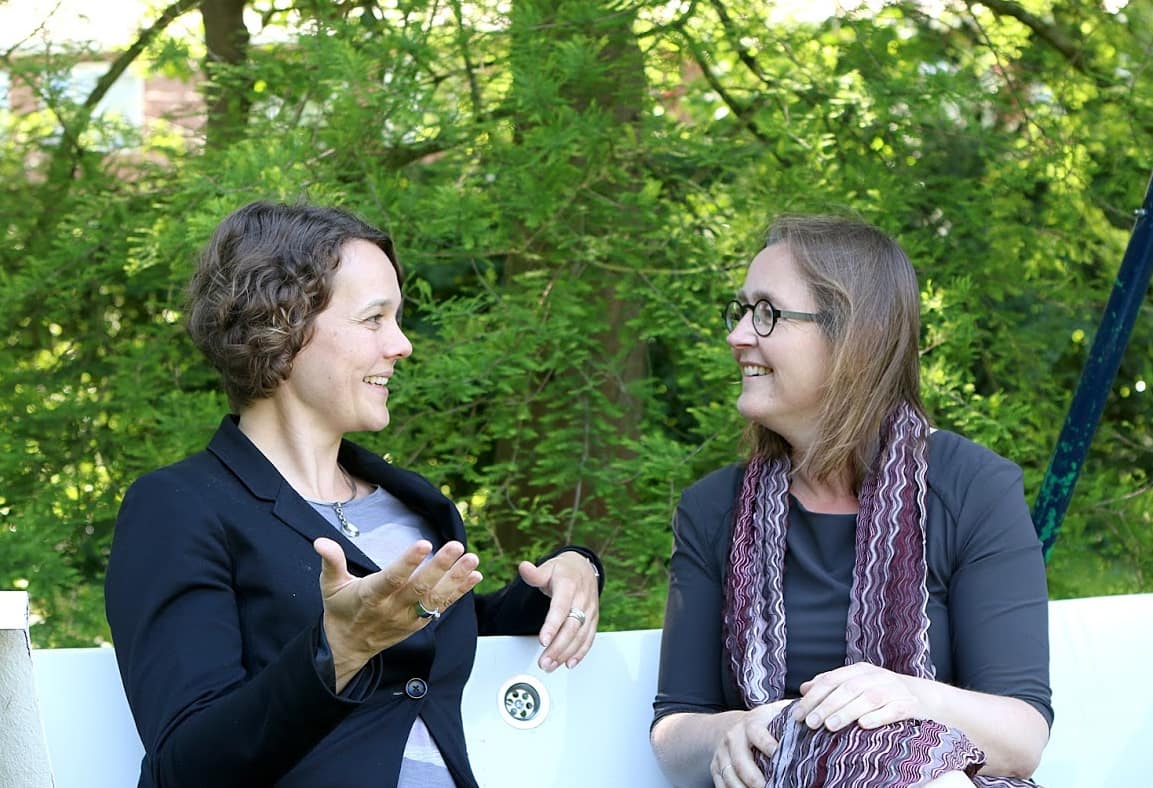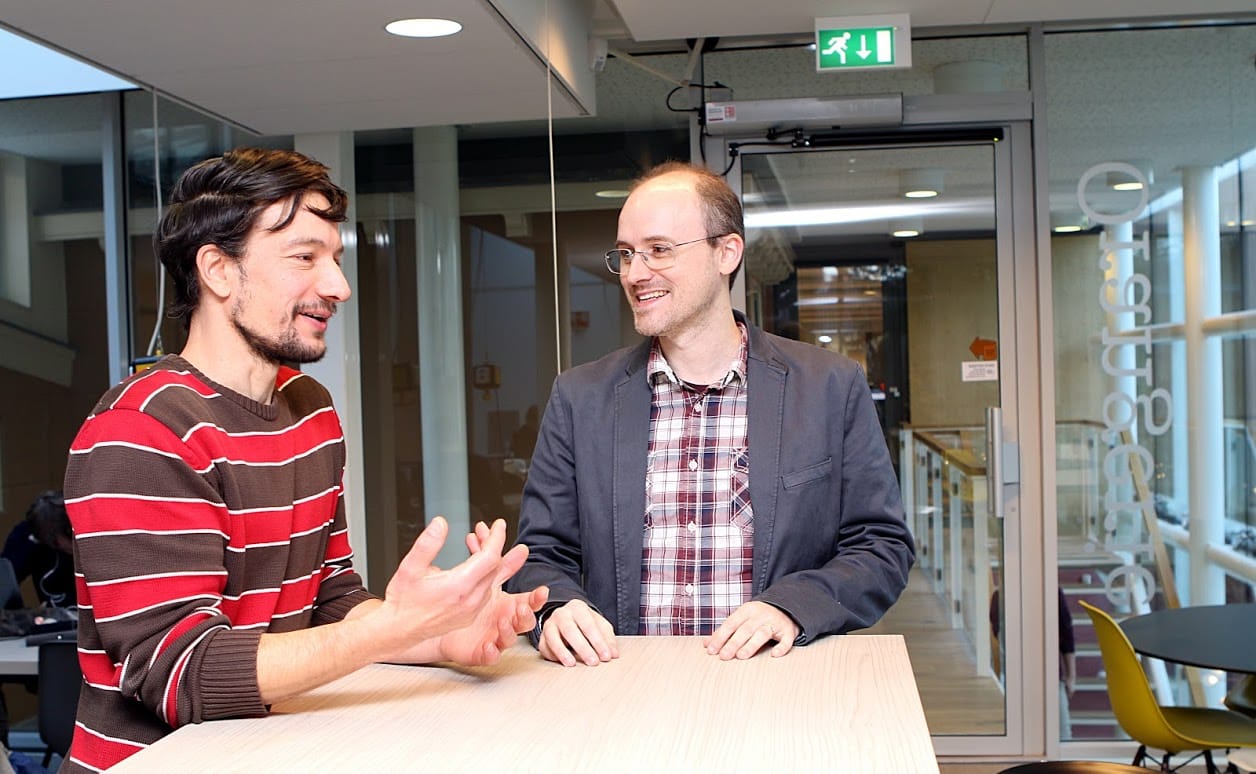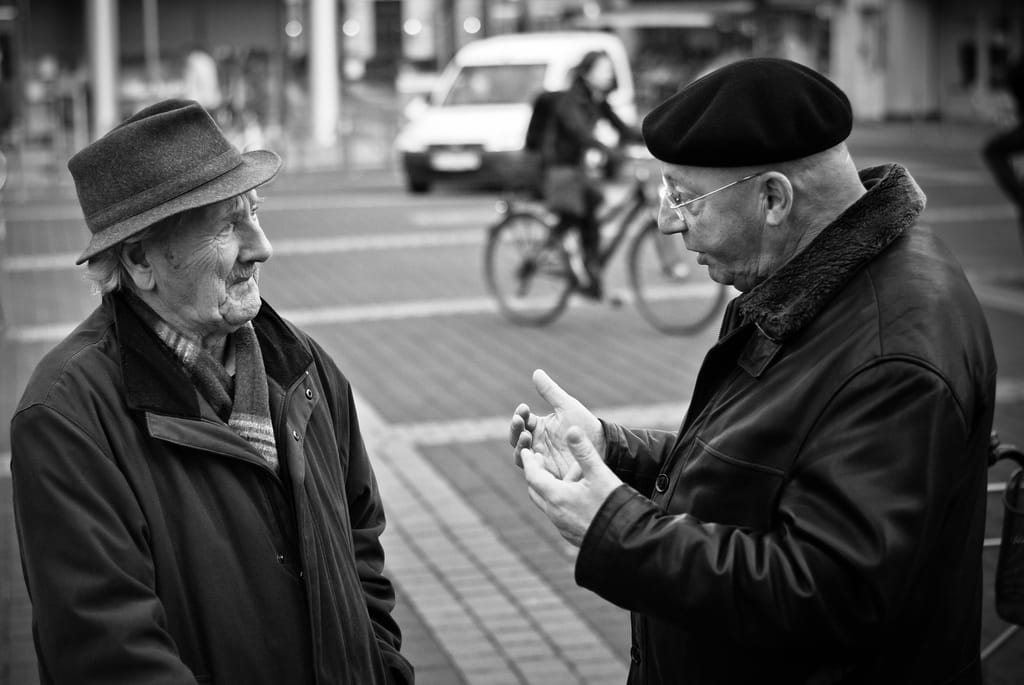Eight years after its foundation, Mindwise’s founding editor in chief, dr. Tassos Sarampalis, has decided to pass the baton. His enthusiasm brought Mindwise to the platform of public understanding of science it is today. New in charge: dr. Jeremy Burman, who’s been part of the mindwise editorial team for several years already, but in sheer motivation to “give psychology away”. A good time to reflect on prior accomplishments and motivations for the future.
Suppose you are in a conversation and someone makes a sexist remark. How do you respond? Do you actively confront the sexist person by engaging in discussion? Do you fall silent in search of a response? Or do you swiftly switch topics to avoid an awkward situation? In our recently published set of studies, we examined how such responses may contribute to (or undermine) the spreading of sexist norms.
Stadjers Hand in Hand (SHH) is a community-building project aiming to tackle poverty in Groningen. Yasin Koc (a teacher) and Gido Metz (a student) got enthused by the project through a Master’s course, and became volunteers. “We used our knowledge of social psychology and helped develop the project to become larger and more sustainable.”
January 2019 we launched a network of Young Enthusiastic Social Scientists at the Behavioural and Social Sciences faculty (YESS BSS). After existing for almost a year, it’s time to introduce ourselves: Who are we, what have we done so far, and what can you expect from us in the upcoming year?
When do you let your emotions flow freely, and when do you regulate them? Mindwise has selected two University of Groningen experts to answer our most burning questions regarding emotion regulation. Read here the duo-interview with clinical psychologist dr. Maaike Nauta and organisational psychologist dr. Susanne Scheibe.
In September 2016, the Department of Psychology starts five new international master’s tracks. These tracks link psychological knowledge to particular fields of application, to prepare students in the best possible way for the job market in their respective fields. All tracks seem promising, but how do you pick the track that is right for you?
People tend to coordinate their actions, feelings, and thoughts with others in social situations. But how does this work? We asked two experts of our department, Dr. Ralf Cox (Developmental Psychology) and Dr. Pontus Leander (Organizational Psychology), who examine this intriguing topic from two different perspectives.
These four short videos provide an overview of the master’s program “Social Psychology and its Applications”, and it’s three specialization tracks: “Health Psychology”, “Environmental Psychology”, and “Behaviour in a Social World” at the University of Groningen.
Why do smoothly flowing conversations feel so good, whereas brief silences are often so awkward? On February 20, Namkje Koudenburg will defend her thesis “Conversational Flow”, in which she explains how conversational aspects such as brief silences, or small delays in computer-mediated communication influence our relationships, independently of what is being said.

